Internal exploration when feeling lonely.
Our bodies develop a low immune system when feeling lonely, and bacteria grows, making us feel low, our behaviour changes, from having longer hot showers to eating more. Feeing lonely can affect and can be associated with allergies, change our mental health and psychological wellbeing.
As well as abnormal immune response, it has been shown loneliness may be a preclinical sign for Alzheimer’s disease, depressive symptoms, cognitive impairment, disrupted sleep, increase stress levels and associated with a higher risk of death.
The growing bacteria was exclusively captured for my film in collaboration with Dr Jan Kreft at Birmingham University's research Bioscience laboratory.
The bacteria inhabits and overwhelms our body system, and all the small microbes of either less varied or a large variation build a community, populate and connect. This is visually seen in my film.
Our immune system carries over 38 trillion bacteria which lives in us and invade our health. Our co-dependency with bacteria reveals how vital it is to control and protect.
How do the outer layer react and respond to our inside layers?
What’s our bodies’ receptibility against such conditions in our external environments?
How do we express this internal inflammation?
How does concrete habitation disconnect and isolate conditions effect out varied micros?
Does our epithelial layers make a perfect host for bacteria and does this show in our biomarkers?
Does our own physical bodies create a barrier or trigger/ feed bacteria growth?
Can we detect your internal bacteria pattern to prevent chronic emotions or infections?
These are the questions I ask and my film explore these ideas. The red and blue colours are also representational.
There are three versions of my film 'I', 3 minutes, 1 minute and 10 seconds.
All three films use different captures of bacteria.
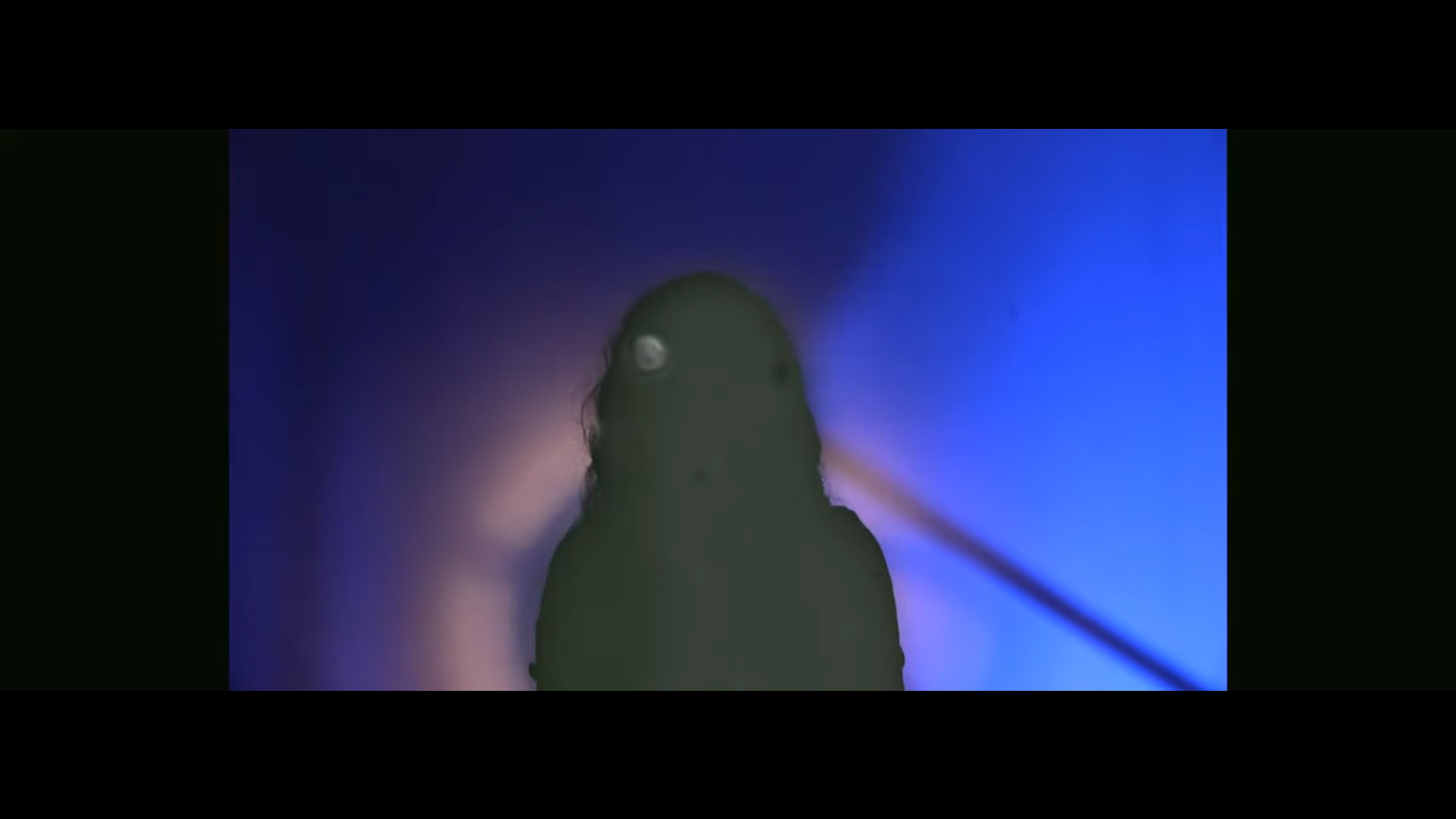
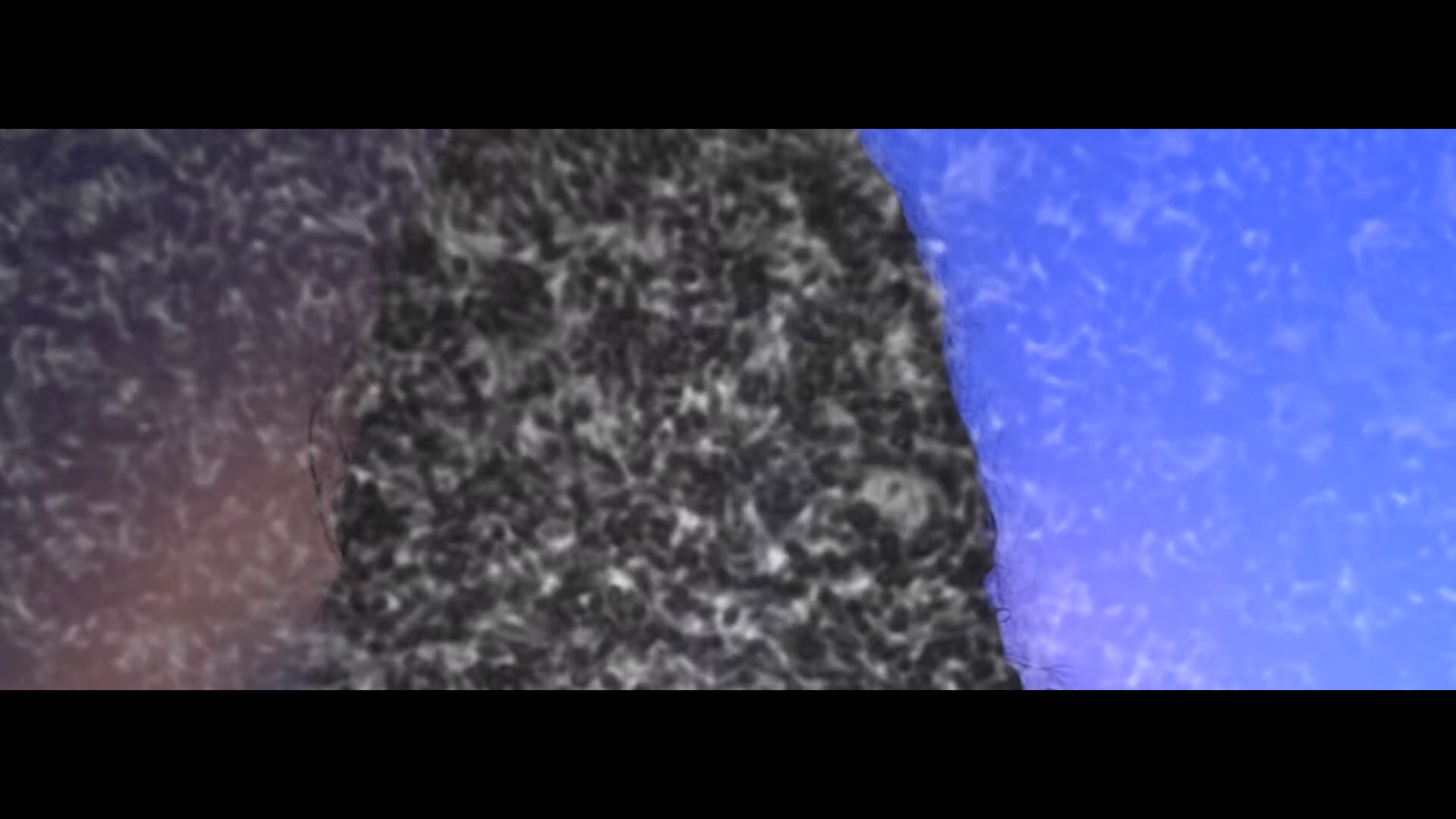
Research with Dr Jan-Ulrich Kreft a microbiologist from School of Biosciences - University of Birmingham.
I wanted to find out if there was a connection between loneliness and our immune system.
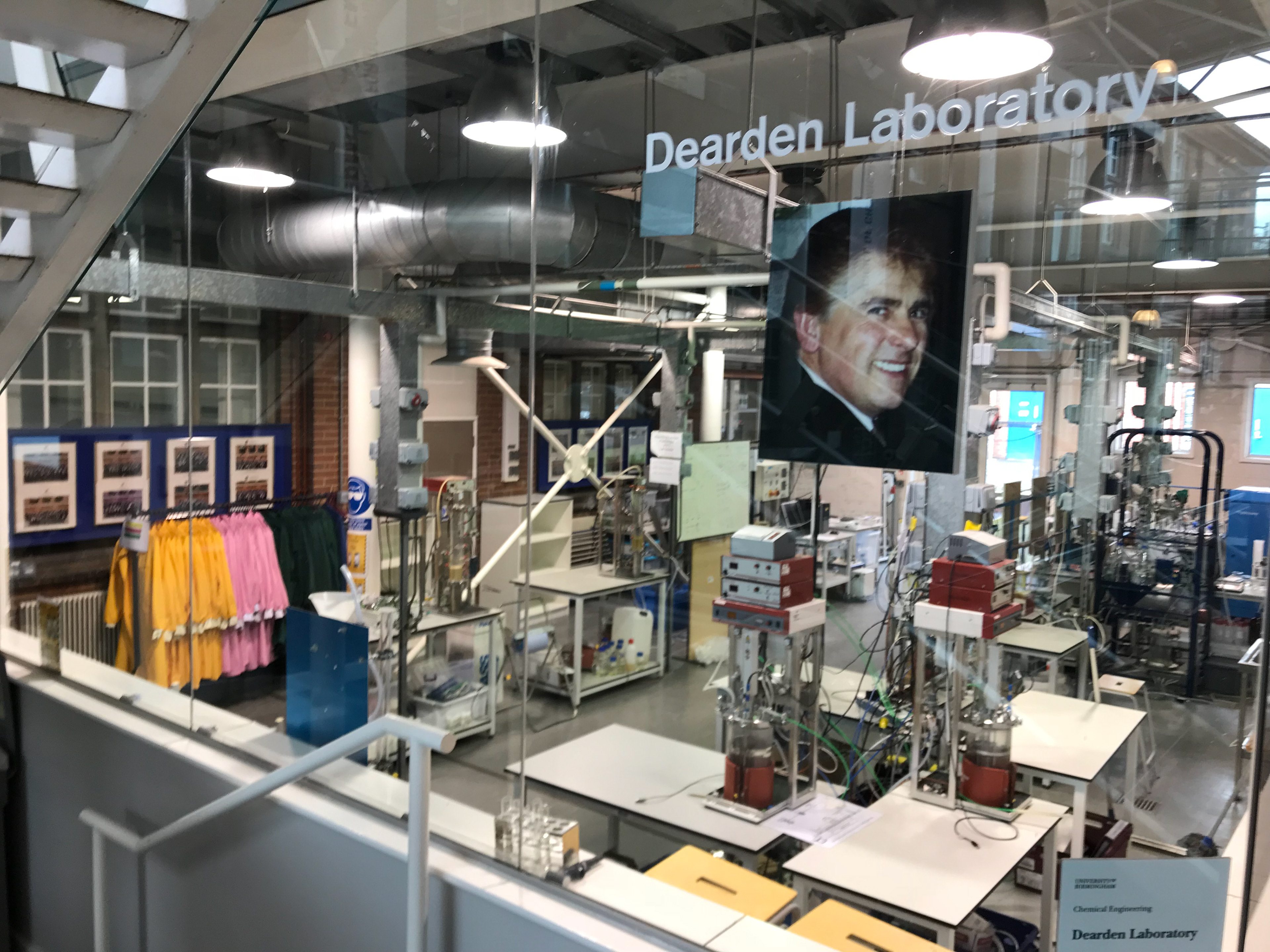
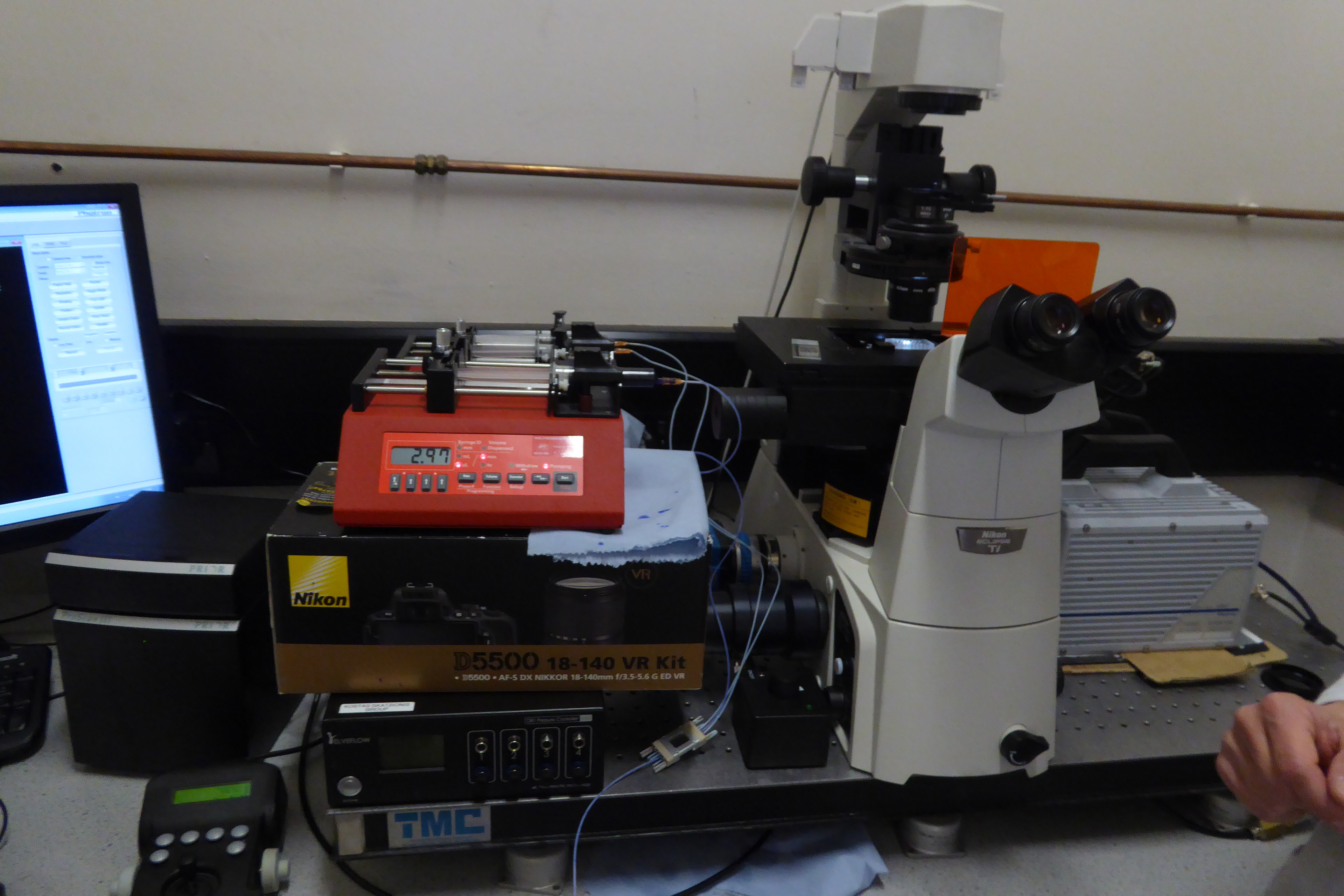
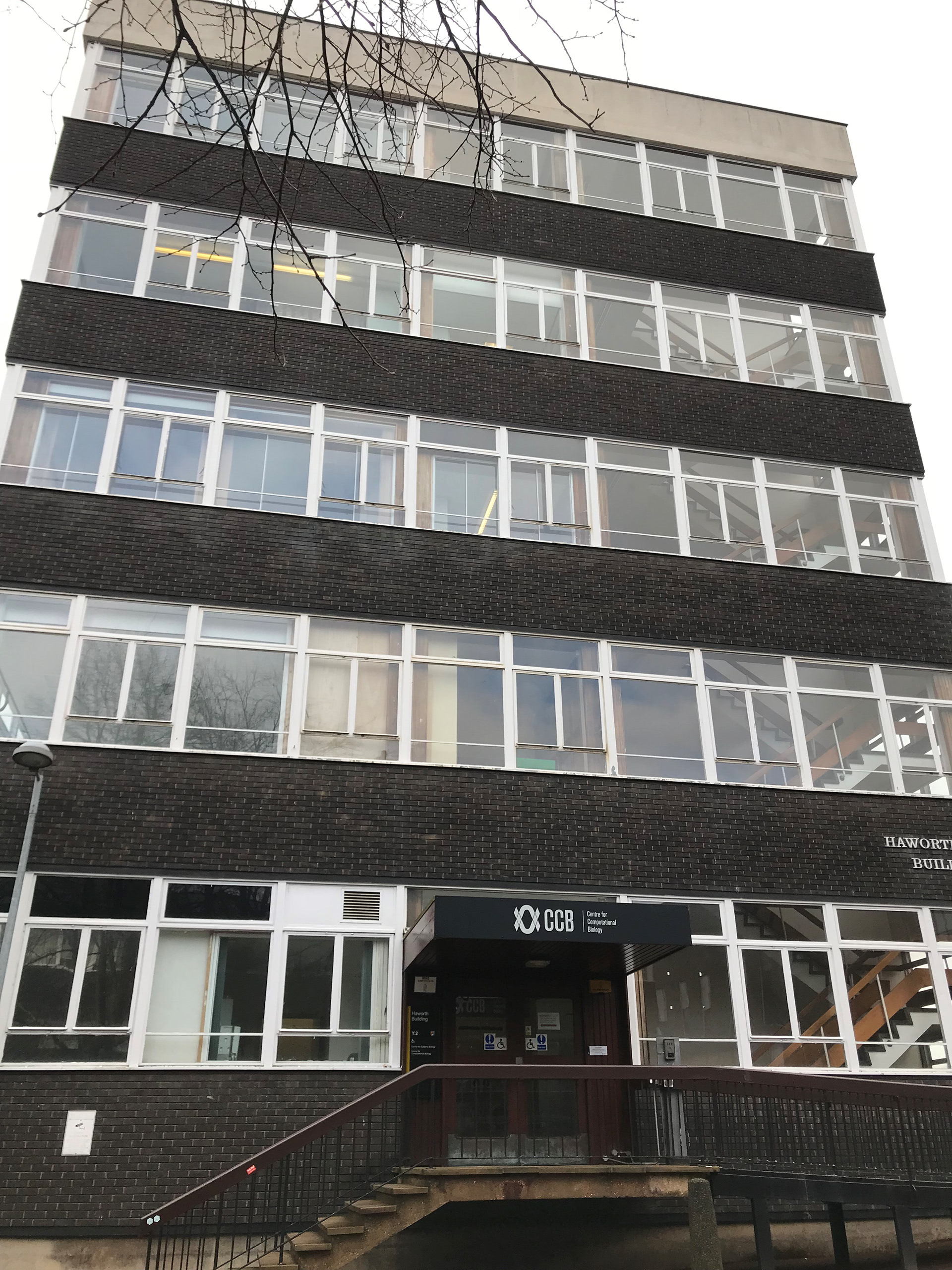
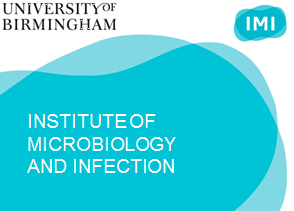
The Exploration of High Through-put Determining Substrate Affinity on the Microfluidic Devices provided by Dr Jan-Ulrich Kreft, written by Juhe Zhou
The Exploration of High Through-put Determining Substrate Affinity on the Microfluidic Devices
A research project report submitted by JUHE ZHOU
Student ID: 1610112 as part of the requirement for the Degree of MSc in Microbiology and Infection
This project was carried out at: University of Birmingham
Under the supervision of: Jan-Ulrich Kreft; Daniele Vigolo